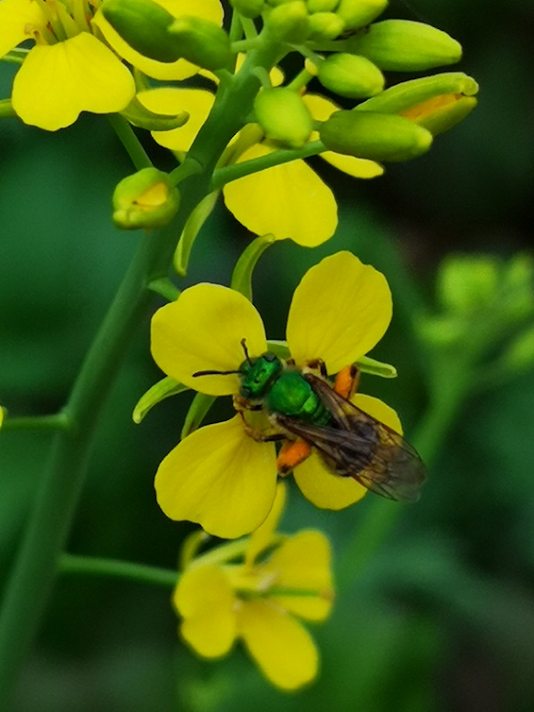Bermuda Grass, or Devil Grass for Allergy Sufferers!
Bermuda Grass, or Devil Grass for Allergy Sufferers!
Written by Dr. Joel Gallagher, Allergy and Asthma Center of NC, Cone Health Medical Group
Bermuda grass… It always brings me back to my teenage days
pulling weeds when I worked as a gardener in high school! This grass is
extremely tenacious, and it was nearly impossible to completely eradicate it from
a garden bed. There was something very appealing about it, however. The blue-green
hue of the blades of grass made a distinct impact, and its ability to grow just
about anywhere certainly made it one of the hardier strains of turf grass!
Bermuda grass is very common on golf courses, as its low growing nature makes
it ideal for the perfectly manicured putting greens amongst the rolling hills
of the country clubs. It is also serves as a better choice for golf courses
since it is more drought-tolerant, more pest-resistant, and recovers quickly
from high traffic than many other types of grass.
On the other hand, its tenacity also can be an invasive
quality. It produces an abundance of pollen that is spread via wind (the
technical term describing pollen that is transported via the wind is
anemophilous), causing those with grass allergies to suffer during its growing
season. Grass pollen tends to pop up in mid-April, peak in mid-June, and slowly
decrease thereafter. However, lately grass pollen has been appreciated outside
of that traditional window due to apparent shifts in seasonal weather trends. Pollen
grains are uniporate (meaning they have one distinct pore when seen under the microscope). Bermuda
pollen grains are 20-30 microns (μm) in size, which is one of the main reasons
that they are so allergenic.
Image 1 (taken by Forsyth County staff on May 19, 2025): Grass pollen grain (not necessarily Bermuda grass) at 40x magnification. Notice the single pore at the bottom.
Remember – the smaller the pollen, the easier it is for it to travel far distances (via the wind). The smaller size also allows the pollen to travel deeper into the respiratory system, which can lead to both nasal symptoms (runny nose, sneezing, congestion) and pulmonary symptoms (mucous production, wheezing, chest tightness). This might be the reason for one of the many other names of this grass – Devil Grass! My patients would certainly describe it as such!




Comments
Post a Comment